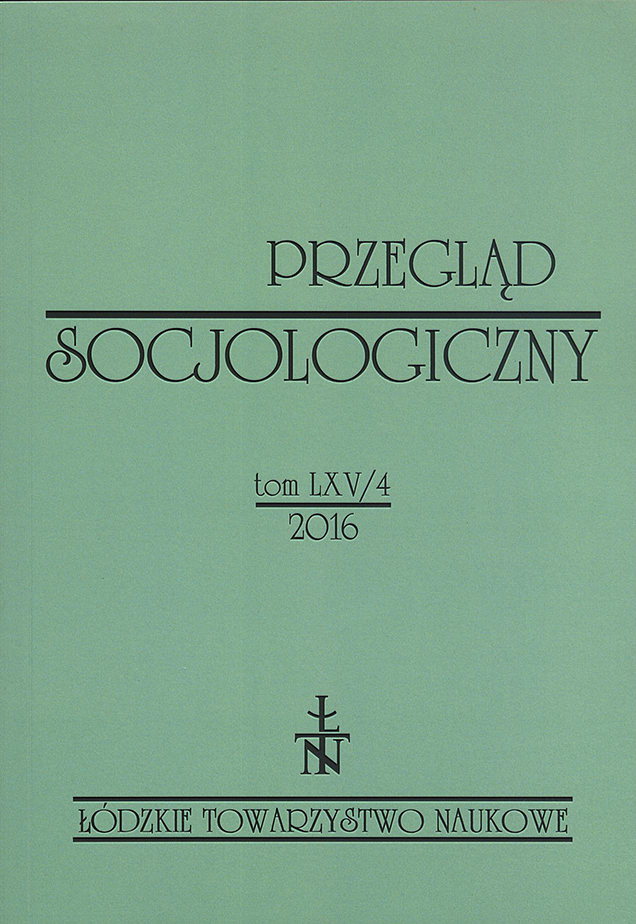Kryzys publicznej krytyki. Urzeczywistnianie semantyki „centrum-peryferie” w Unii Europejskiej
A crisis of public criticism. The actualization of center-periphery semantics in the European Union
Author(s): Andreas LangenohlSubject(s): Social Sciences, Sociology
Published by: Łódzkie Towarzystwo Naukowe
Keywords: European Union; European integration; criticism; political public sphere; postcolonial theory
Summary/Abstract: The paper approaches the current condition of the European Union as a crisis of public criticism from a theoretical perspective. This crisis consists of the clash between current peripheralist criticisms coming from national governments, opposition parties and quasi-social movements and often combining with exclusivist demands, and the EU’s insistence on a continuation of its rationalist and modernist political project. The nature of this European project can be more closely analyzed if viewed as a political correlate to Jürgen Habermas’ model of rational public political deliberation. This analysis is then confronted with an alternative view on public criticism as found in postcolonial theory. In particular, this discussion engages Gayatri Spivak’s critique of peripheralist representations that deem themselves critical. On the basis of the theoretical juxtaposition between Habermas and Spivak, this paper distills a regulative idea for public political criticism that differs from Habermas’ conception of communicative rationality – namely, the regulative idea of self-criticism. Self-criticism is conceptualized as a way to account for potentially problematic aspects that may accompany peripheralist criticisms, to understanding them as an expression of the metropolitan political public dynamic, and thus to assume responsibility for them. For the current crisis constellation, this would mean rephrasing peripheralist criticisms as part and parcel of a genuinely European public political dynamic, thus overcoming the chasm created by the reciprocal consolidation of peripheralist and centralist positions.
Journal: Przegląd Socjologiczny
- Issue Year: 65/2016
- Issue No: 4
- Page Range: 9-32
- Page Count: 24
- Language: English

